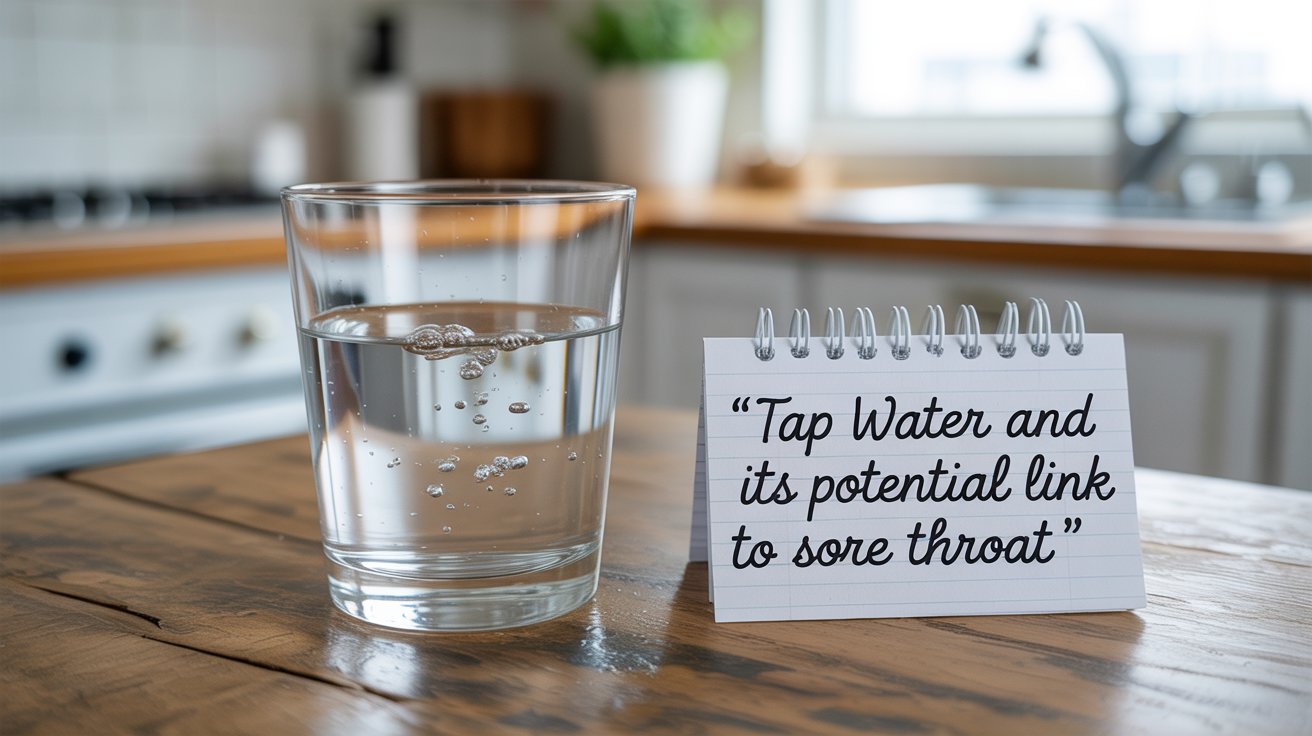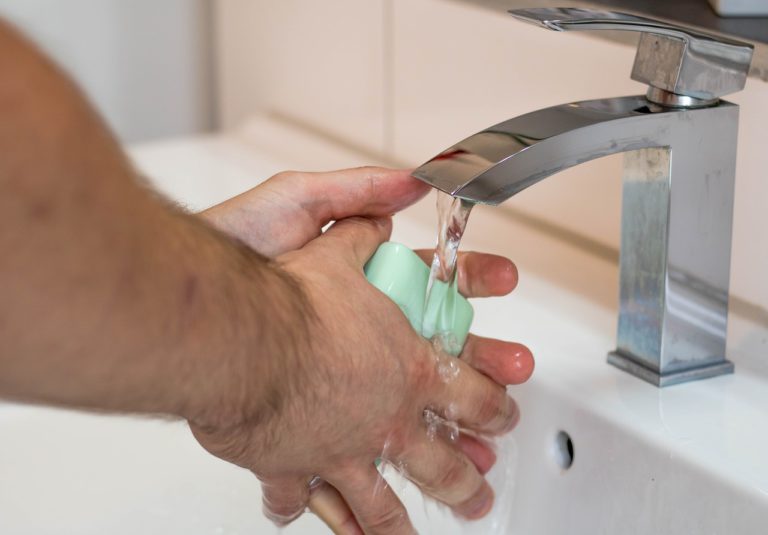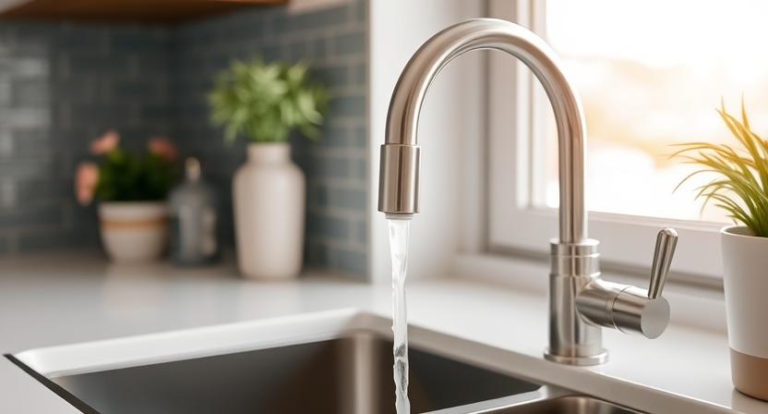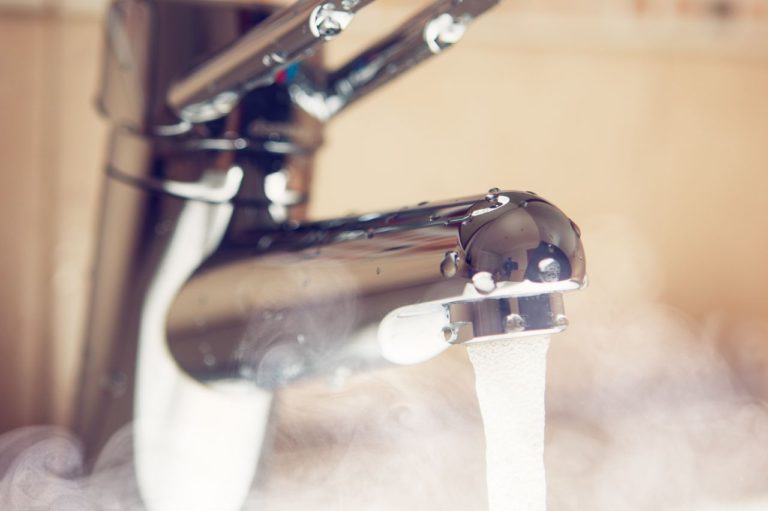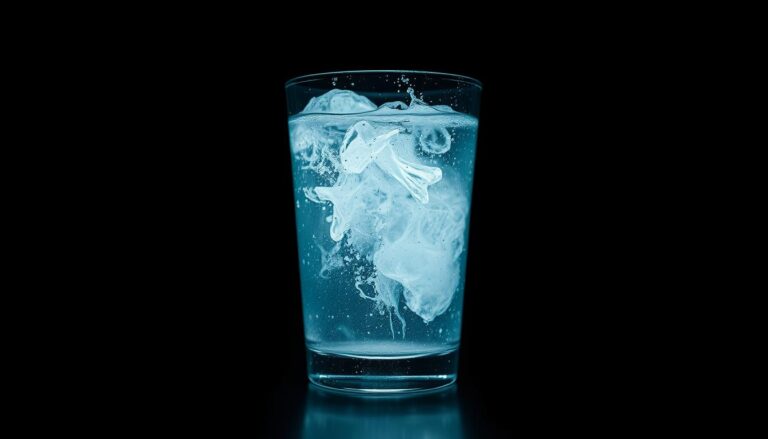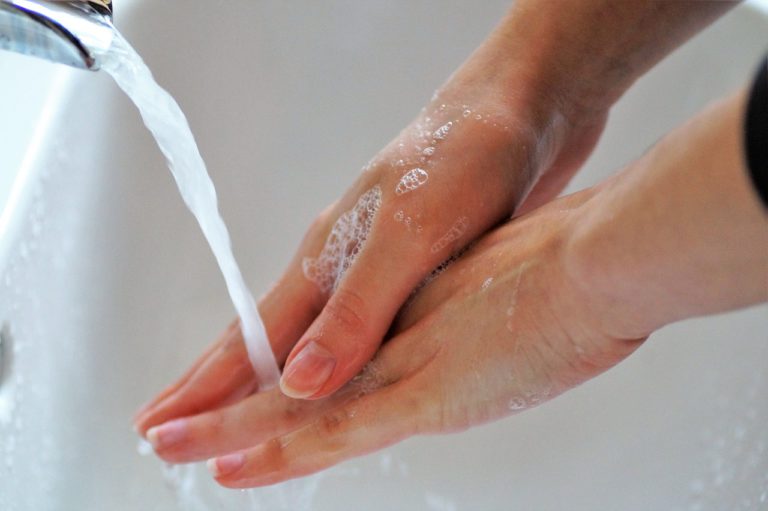Tap Water and Its Potential Link to Sore Throat
Have you ever wondered if the water flowing from your tap could be linked to that uncomfortable sore throat you sometimes experience? It’s a curious connection that you might not often consider. Our daily lives depend heavily on water, and tap water is an indispensable convenience. Yet, it’s worth examining how something so fundamental could possibly be related to a health issue like a sore throat. Let’s explore whether there’s a potential link and what might be at play behind the scenes.
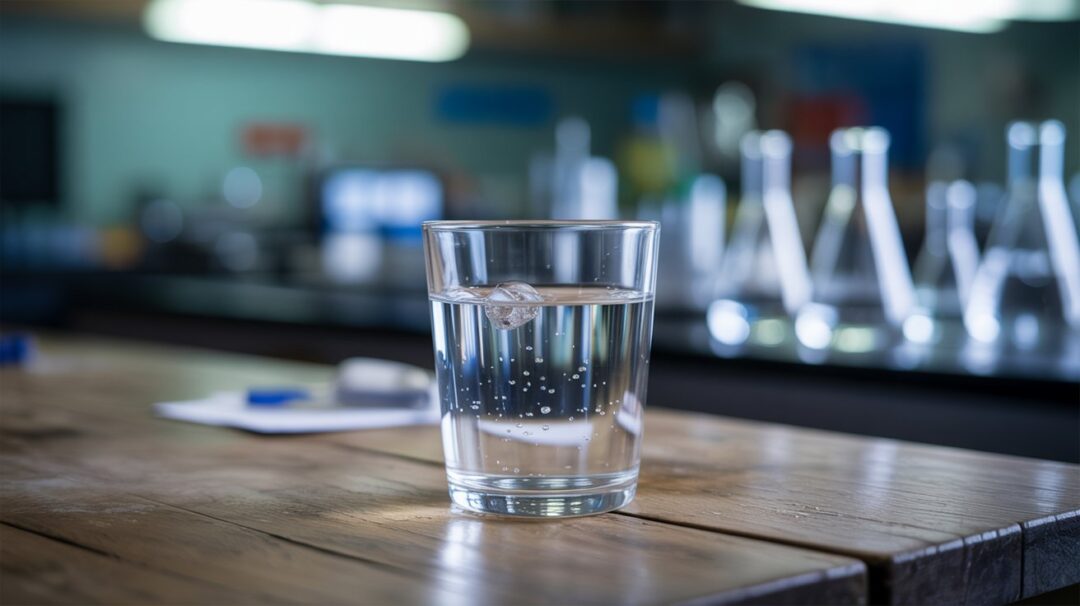
Understanding Tap Water
Before jumping into possible connections with health issues, it’s important to understand what tap water is. Unlike bottled or purified water, tap water comes directly from municipal sources. It can be drawn from surface or groundwater, treated, pumped, and distributed to your home. This process ensures that water meets safety and quality standards before it reaches your faucet. However, these standards can vary depending on where you live.
Composition of Tap Water
The composition of tap water depends largely on its source and the treatments it undergoes. Generally, it may contain trace amounts of minerals and chemicals, some of which are intentionally added to keep our water supplies safe. For example, chlorine is often used to disinfect water, while fluoride may be added to promote dental health.
| Component | Purpose |
|---|---|
| Chlorine | Disinfectant to kill harmful bacteria |
| Fluoride | Added for preventing tooth decay |
| Minerals | Natural content depending on water source |
| pH Level | Balance of acidity, ideally neutral |
Treatment and Regulation
Tap water is rigorously treated to remove impurities and pathogens. This involves various stages such as coagulation, sedimentation, filtration, and disinfection. Regulatory bodies, like the Environmental Protection Agency (EPA) in the United States, set specific quality standards that water suppliers must adhere to, ensuring that your tap water remains safe for consumption.
Potential Causes of Sore Throat
A sore throat can be an annoying and uncomfortable experience. Often, you’re left wondering what triggered it. It could be many things, ranging from infections to environmental factors.
Common Causes
Here are some typical causes of a sore throat:
- Viral Infections: The common cold and flu are frequent culprits.
- Bacterial Infections: Less common, includes streptococcal infections.
- Allergies: Pollen, dust, and other allergens can irritate your throat.
- Dry Air: Particularly during winter, dry indoor air can cause sore throats.
- Pollution and Irritants: Smoke, chemicals, and pollution can lead to throat discomfort.
Is There a Connection Between Tap Water and Sore Throat?
Many things in our environment can impact our health, so it’s reasonable to ponder whether tap water might be causing your sore throat. Let’s consider how this could be plausible.
Potential Irritants in Tap Water
While tap water is deemed safe by regulatory standards, certain elements could theoretically contribute to throat irritation:
- Chlorine: Although used for disinfection, chlorine can sometimes leave residual tastes and odors that might irritate sensitive individuals.
- Hard Water: Water with high mineral content, like calcium and magnesium, can sometimes lead to irritation.
- Contaminants: While unlikely, occasional breaches in treatment protocols might allow contaminants to enter the water supply.
How Could Tap Water Encourage Throat Issues?
Even if tap water meets safety standards, that doesn’t mean it’s entirely benign for all users. Possible scenarios include:
- Chemical Sensitivity: Some individuals may be more sensitive to chemicals like chlorine found in tap water.
- Allergic Reactions: Though rare, certain elements traceable in tap water can provoke allergic responses.
- Microbial Contamination: If a water filter isn’t properly maintained, it might harbor bacteria, aggravating throat issues.
Exploring Solutions
If you suspect your tap water could be affecting your throat, what steps can you take to alleviate the problem?
Filtering Your Tap Water
Water filtration can address many concerns relating to quality and taste. Using a water filter can remove chlorine, particulates, and even microorganisms. It’s a viable solution if you’re worried about what’s in your tap water.
| Filter Type | Benefits |
|---|---|
| Carbon Filters | Removes taste and odor, including chlorine |
| Reverse Osmosis | Removes a broader range of contaminants |
| UV Filters | Disinfects by destroying bacteria/viruses |
Regular Maintenance
For those already using filters, regular maintenance is crucial. A poorly maintained filter can become a breeding ground for bacteria, which is counterproductive to preventing issues like sore throats.
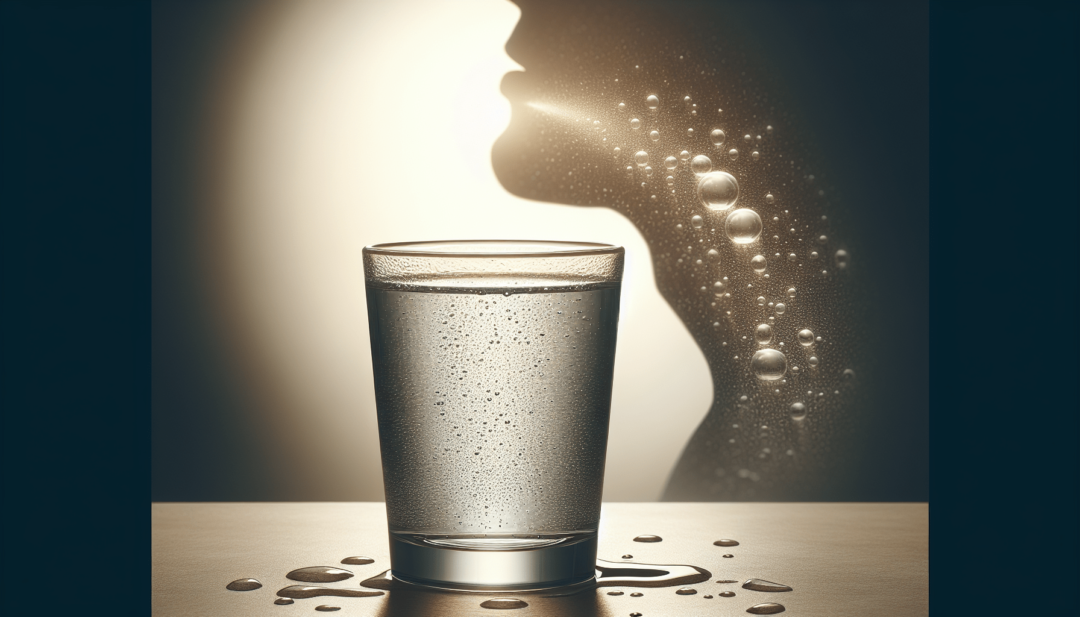
Alternative Water Sources
If worries persist, consider exploring alternative sources of water temporarily to see if your symptoms improve.
Bottled Water vs. Tap Water
While bottled water can offer a perceived cleaner taste, it’s not always guaranteed to be of higher quality than tap water. Still, trying bottled water for a time might help clarify if your tap is the issue.
Boiling Water
Boiling tap water for at least one minute effectively kills most pathogens. Let it cool before drinking, and this might mitigate any potential irritants contributing to sore throat.
When to Seek Medical Advice
While minor sore throats can often be managed with simple home remedies, don’t ignore persistent or severe symptoms.
Serious Symptoms to Watch For
- Persistent fever or rash
- Difficulty breathing or swallowing
- Mouth sores or persistent white patches
- Severe pain not alleviated by common remedies
In such instances, seeking medical advice is advisable to rule out more serious conditions.
Conclusion
The possibility of tap water causing a sore throat is a complex topic with no straightforward answers. While tap water is generally safe and thoroughly monitored, individual sensitivities and rare events might lead to discomfort. By understanding what’s in your water and how different factors might contribute to throat irritation, you can make informed decisions about how to manage and improve your personal health and comfort. Remember, if your symptoms persist or worsen, it’s always wise to consult a healthcare professional to ensure the best care for your needs.

